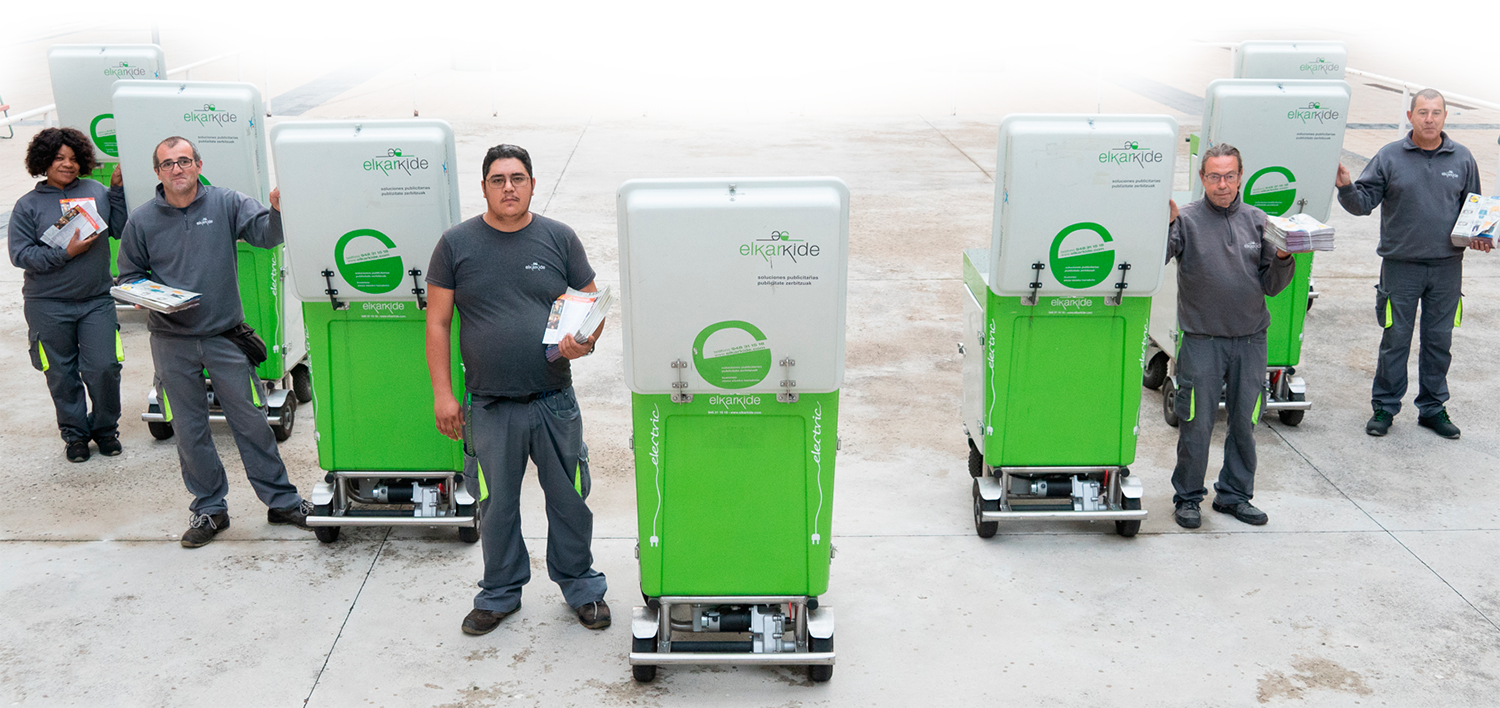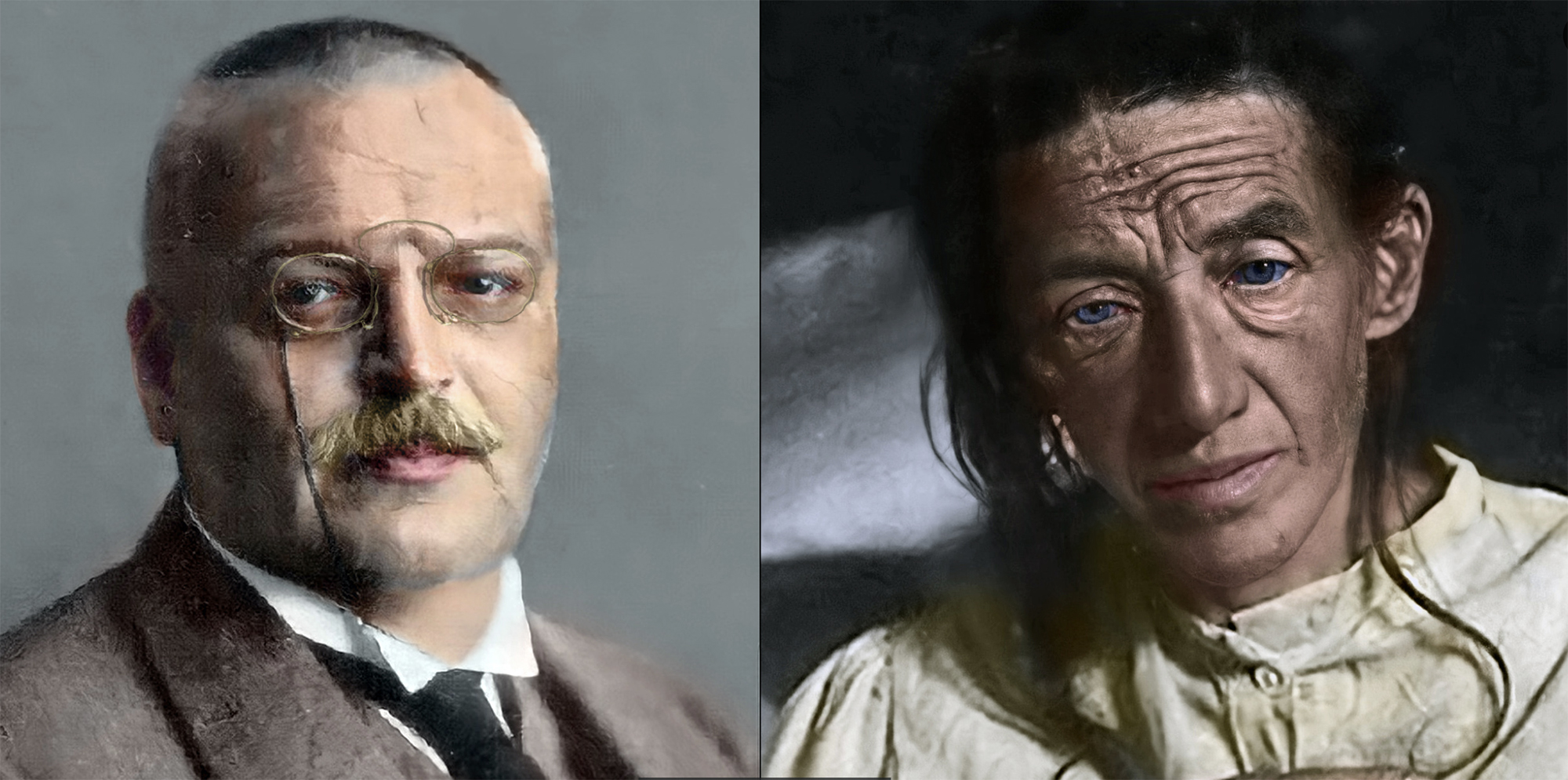The pandemic has led to a 50 per cent increase in the number of psychologically treated adolescents
- Eating disorders have been the first reason for receiving psychological care among young people. In Bizkaia there have been 153.33% more cases than in 2020. The pandemic has particularly affected young foreigners with functional diversity.

The number of adolescents psychologically treated at Basurto University Hospital (HUA) has grown by 50% in the first five months of 2019 and 2021. Arantza Fernández Rivas, Head of the Section of Child and Juvenile Psychiatry, and Ángel González Torres, Head of the Psychiatry Service, have released these data in the Adolescent Mental Health Report.
Data indicate that, since the beginning of the pandemic, eating disorders have been the “first clinical episode” for adolescents to receive psychological care. The rebound began in March 2020 and the pandemic has been increasing “depending on the waves”. Anorexia nervosa has been the most frequent food confusion, especially among girls. In Bizkaia, the number of adolescents affected by this disease has increased by 153.33% compared to the 2020 data. But experts have insisted that this year’s situation is also serious, as patients suffer from severe acute malnutrition and must remain under surveillance for a long time. Consequently, “psychiatric hospitalization units for adolescents are saturated”.
Cases of young people suffering from post-traumatic anxiety symptoms as a result of the pandemic have also increased: There have been 100% more cases than in 2020. On the other hand, the number of adolescents hospitalized for suicidal or autolytic ideas or behaviors has increased since fall 2020. The report clarifies that “this increase has also occurred throughout the West, completing a new collateral pandemic.”
Fernández Rivas and González Torres have mentioned several factors that influence this situation. The pandemic has radically broken the social relationships of adolescents with their peers and, consequently, “the main axis of their maturation process has been abandoned”. Also, on many occasions, the psychological state of the family and its relatives has not been healthy, and the losses caused by the coronavirus – “by the death or illness of a family member, by the inability to see, not to visit friends or family…” – have made the situation difficult.
“It seemed to many adolescents that this was not life and that this situation would never end.” Therefore, some have not asked for help, and although they have, the means at their disposal have not been the best. The report highlights that care has been reduced and that telephone contact with doctors has had negative effects especially among adolescents, who need direct contacts with professionals to “establish a trust bond”.
Integration and functional diversity
To complete the HGU report, the Basque Government has compiled other works such as Youth and Pandemic. In the study, entitled Expert Looks. As they have explained, despite the fact that the pandemic has been suffered by the whole of society, the situation has "specifically" affected young people. Within this group, however, other vulnerable groups have been distinguished, such as young foreigners and those with functional diversity.
As for foreign adolescents, the case of young people who do not have the help of their parents stands out. They have explained that, as a result of the pandemic, its integration process has been hindered, as “the possibilities of being with other young people and learning and practicing Spanish have been very limited”. This has slowed down, delayed or disrupted the pathways to inclusion.
According to the Amesten Association, which works to integrate people with functional diversity in Bizkaia, adolescents with functional diversity have also suffered more seriously the effects of the pandemic. The lack of information appropriate to their needs has made it difficult for them to adapt to the changes. They have not had a peer support network and have suffered greater social isolation. In addition, they have not had social inclusion in leisure activities and community participation.
Scope of study
The report by the Basque Government stresses that many young people have been made impossible for the class to continue in a virtual way, as it requires that the qualities of their studies, which refer to cooking classes, be developed in person. Others, for their part, have had to extend their study time because of the impossibility of achieving good practice (with presence) during the pandemic.
The possibilities for socialisation have taken a turn in this area. “The amount of socialization has not decreased, but its quality has decreased: they have been grouped into groups of bubbles in a shared/differentiated space of the university, conservatory or school”, says Fernando Bayón Martín, director of the Institute of Leisure Studies and Dean of Research and Doctorate in the Faculty of Humanities and Social Sciences of the University of Deusto. However, he stressed that in divergent leisure spaces, especially in the network, young people have found the way to exploit these bubbles. They've created curious, self-managed chains of "digital hermitages."
Frankfurt, Germany, 1901. The psychiatrist and neurologist Alois Alzheimer first saw the patient Auguste Deter. The 51 year old German housewife was a strange case. "The patient is sitting and seems unprotected," Alzheimer said: "What's your name? Auguste. What is your husband's... [+]
“Houston, we have a problem!”
Well, to say that we have a single problem, as things are, can be a temerity, but this time I want to focus on an issue that concerns us and affects us internally, mental health.
Historically, suffering has had a profound meaning and meaning... [+]
Last summer I taught a course on the prevention of neurosis as part of the Hik Hasi educational meetings. Many people signed up because the title was attractive, the safest, because it implied that mental health (or lack of health) is not something random, but something that can... [+]
2010ean Albert Piquerrek telekomunikazio enpresa batean egiten zuen lan, presio handiko lan eremu oso lehiakorrean. "Gauza asko ondoeza eragiten hasi zitzaizkidan, eta egun batean dena lehertu zen eta lana utzi nuen. Nire bizitza pixka bat gelditu egin zen". Piquerrek... [+]




















